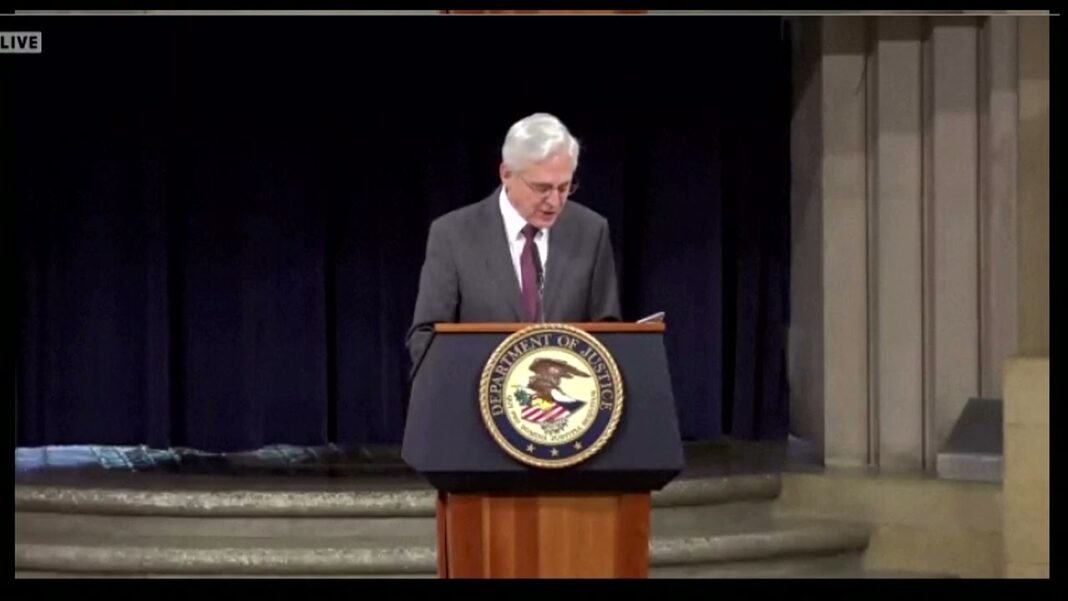China launched military drills in the contested South China Sea as U.S. President Joe Biden arrived in South Korea to meet with President Yoon Suk-yeol and promote his forthcoming economic plan for the region.
Biden is currently touring East Asia to develop better relations with the nation’s partners in the Indo-Pacific and drum up support for his Indo-Pacific Economic Framework, which he is expected to announce in Japan on May 23.
The visits with top leaders in South Korea and Japan also underscore the United States’ efforts to work with allies and partners in the region on countering the rising aggressions from Beijing, which administration officials have described as the leading threat to the United States.
China’s Maritime Safety Administration subsequently announced that it would be conducting exercises in the South China Sea through Monday. It said non-Chinese aircraft and vessels would be prohibited from entering the area but gave no further details.
China claims that it has historic rights throughout virtually all of the South China Sea and has conducted a massive campaign to build artificial islands throughout the region to superficially expand its borders. It has also used the islands to stage military equipment.
The U.S. State Department, drawing upon a 2016 ruling by an international court, maintains that there is “no coherent legal basis” to China’s claims in international law. The United States also maintains that it has the right to operate freely in the sea, which constitutes international waters.
Brunei, Malaysia, the Philippines, and Taiwan all also lay claim to parts of the South China Sea.
As such, the region has become something of a flashpoint for conflict.
White House National Security Advisor Jake Sullivan spoke to reporters aboard Air Force One on the way to South Korea, and reiterated that the United States would continue to uphold international access to the region and seek stability in the nearby Taiwan Strait.
“Our view, as we’ve expressed many times, is that we are concerned about peace and stability across the Taiwan Strait and the ratcheting up of tensions,” Sullivan said. “And we believe that China is contributing to the ratcheting up of those tensions through provocative military activities around Taiwan and around the Strait.”






